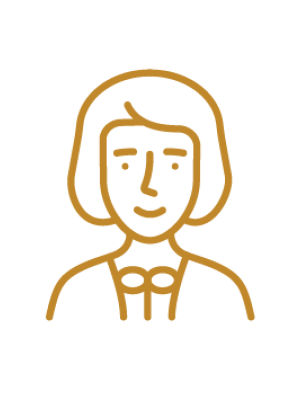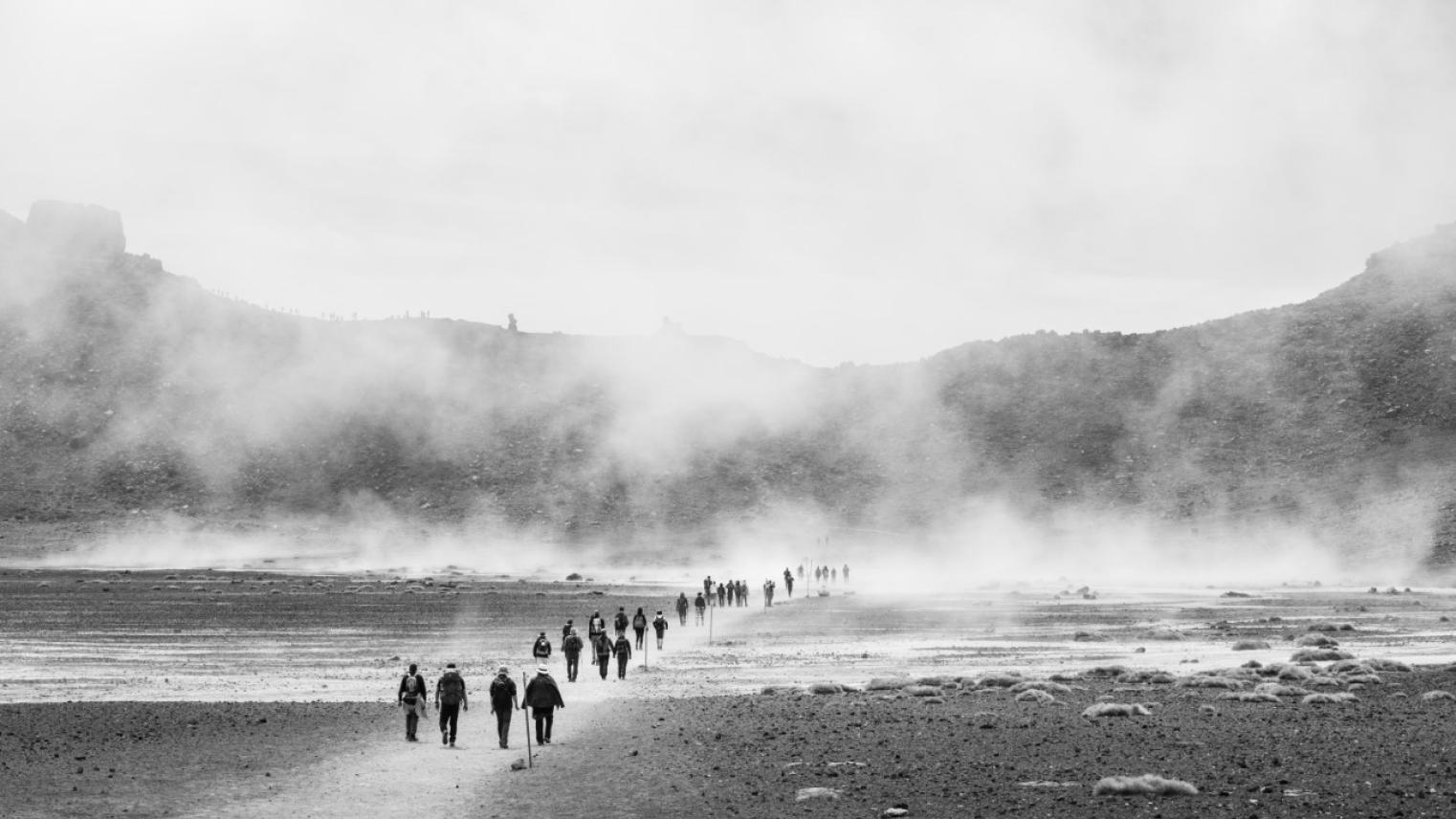This event will be hosted online only, via Zoom – register at Eventbrite for details on how to join.
The 3rd millennium BC has become one of the most discussed periods of European prehistory. The appearance of a new "steppe" genetic signature has been interpreted as a rapid population turnover, by some accounts quite violent, that also resulted in fundamental changes in social institutions and language. However, this reading of the DNA evidence is closely bound up with our modern-day preconceptions of the reasons, modalities and outcome of migrations, ideas which are strongly related to current politics.
In this discussion, we will first deconstruct some of the key assumptions regarding the 3rd millennium migrations, using both archaeological and aDNA evidence. We then argue that our next challenge is to understand more clearly how migration phenomena might have worked on the ground. This includes paying much closer attention to interactions at a variety of different scales - in other words, to put prehistoric political relations centre-stage.
About the Speakers
Daniela Hofmann is Professor of Archaeology at the University of Bergen in Norway. Her research combines the close study of archaeological material with theoretical approaches and the results of scientific techniques to study identity creation, boundary marking and culture change at various social scales. She traces how material culture strategies and routines at the local level impact on larger-scale, longer-term processes using a wide range of evidence: aDNA and isotope data, mortuary and other ritual practices, human representations, artefact patterning, and monumental and domestic architecture. Her primary focus is the European Neolithic (mid-6th to mid-3rd millennium), but she is also interested in comparative archaeology and in exploring inter-disciplinary collaboration, for instance between geneticists and archaeologists.
Martin Furholt is Professor at the Institute of Archaeology, Conservation and History at the University of Oslo, Norway. His main research interests are the social and political organisation, mobility and community composition, local and regional social networks of Neolithic and Bronze Age communities in Southeast Europe, Central Europe, and Northern Europe. He conducted his PhD research on Baden Complex materials in Poland and Czech Republic, and his Habilitation thesis on the Neolithic and Chalkolithic of the Aegean Region. He is currently conducting fieldwork on 6th millennium Neolithic settlement in Slovakia and Serbia, and publishes papers related to the ongoing 3rd millennium migration debate in Europe.
Event Speakers

Professor Daniela Hofmann
Daniela Hofmann is Professor of Archaeology at the University of Bergen in Norway. Her research combines the close study of archaeological material with theoretical approaches and the results of scientific techniques to study identity creation, boundary marking and culture change at various social scales.

Professor Martin Furholt
Martin Furholt is Professor at the Institute of Archaeology, Conservation and History at the University of Oslo, Norway. His main research interests are the social and political organisation, mobility and community composition, local and regional social networks of Neolithic and Bronze Age communities in Southeast Europe, Central Europe, and Northern Europe.
